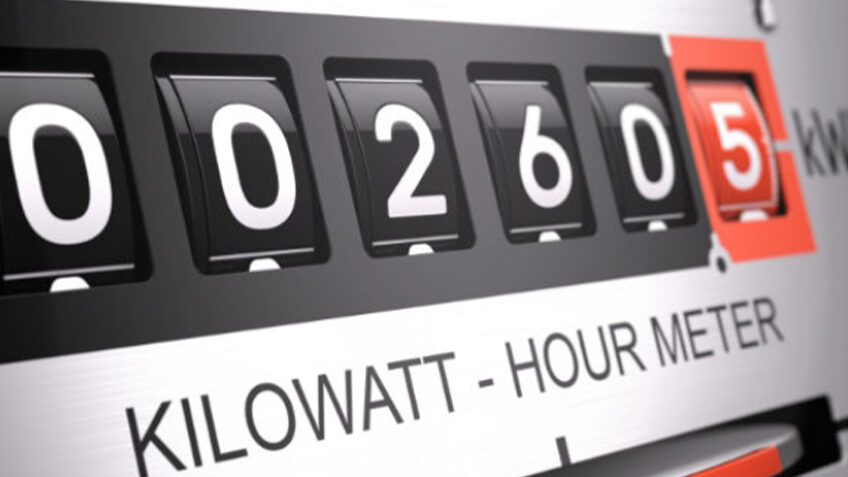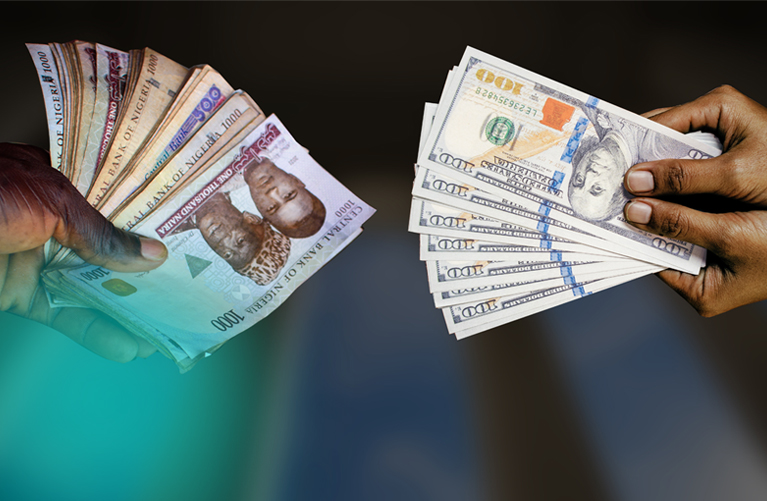The recent introduction of the service-based tariff (SBT) regime has again brought to the fore the need to ensure that all consumers are metered. The metering issue has remained central to ensuring that there is adequate collection and sanctity of the bills issued in the downstream section of the Nigerian Electricity Supply Industry (NESI). The current metering gap in the industry has been conservatively estimated at about 10 million.
As part of their commitments in the Performance Agreements entered into with the Federal Government of Nigeria, the investors in the electricity distribution companies (DisCos) undertook to meter the consumers using certain definite annual metering targets. Upon takeover, the investors presented a revised metering plan to close the metering gap within 18 months. These targets were not necessarily met as the investors complained that, among other things, they could not secure bank loans to finance their mass-metering programme due to their cash flow challenges, impaired balance sheets and general liquidity issues arising from tariffs that were not cost reflective.



